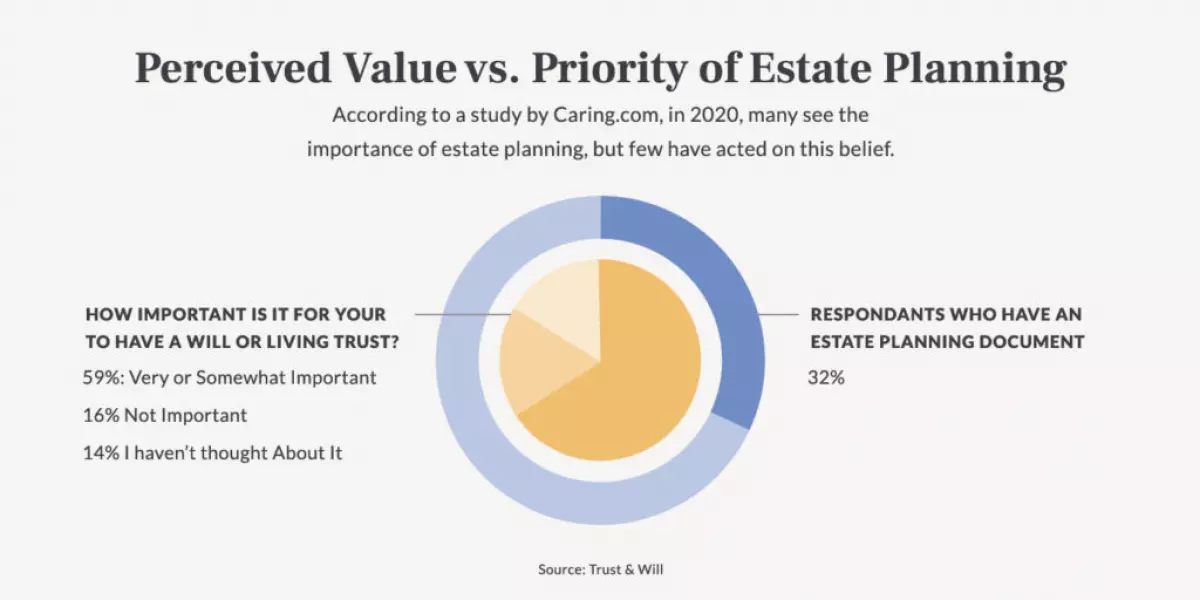Estate Planning is more than just a financial process. It involves setting up a plan for the future, ensuring your loved ones are taken care of and your wishes are honored. While it may seem overwhelming, our Estate Planning 101 guide breaks down the process into easy-to-understand sections, giving you the security of knowing you've planned for the future.
What is Estate Planning?
Estate Planning is simply the process of making your wishes known regarding the handling of your assets after you pass away or become incapacitated. It encompasses more than just finances, including everything from cash and cars to jewelry and investments. By conducting a comprehensive review of your estate assets, you can begin planning for the future.
Basics of Estate Planning
Estate Planning is important for everyone, regardless of wealth or age. By properly preparing for the future, you ensure that your wishes are carried out and your loved ones are taken care of. A well-prepared Estate Plan lays out your wishes clearly, minimizing any misunderstandings or misconceptions.

Most Common Estate Planning Documents
Several key documents make up an Estate Plan. These include:
Guardianship
This document states who you want to care for your children or dependents after your death or if you become unable to care for them.
Will
A legal document that expresses your last wishes for the distribution of your property and assets.
Trust
A legal agreement that allows a trustee to hold and manage assets on behalf of a beneficiary.
Financial Power of Attorney (POA)
A legal document that grants someone the power to handle your financial affairs.
Durable Power of Attorney (POA)
Similar to a Financial Power of Attorney, but remains in effect even if you become incapacitated.
Advance Healthcare Directive (AHCD)
Also known as a Living Will or Medical Power of Attorney, this document states your medical preferences and designates someone to make healthcare decisions on your behalf.
HIPAA Authorization
Consent that allows your medical records to be shared with a third party.
Estate Planning & Taxes
Estate Planning takes into account various types of taxes, such as estate tax, inheritance tax, and gift tax. By strategizing and taking action to minimize tax liabilities, you can maximize the assets you leave to your heirs.
Who Needs an Estate Plan?
Everyone can benefit from having an Estate Plan. It's never too early to start planning for the future, regardless of your financial situation. An Estate Plan ensures that your wishes are known, especially when it comes to healthcare decisions and long-term care.
How to Create an Estate Plan in 12 Steps
Creating a comprehensive Estate Plan may involve several steps, but it doesn't have to be complicated. By following these 12 steps, you can create a plan that covers all aspects of your estate:
- Gather your assets.
- Protect your family by considering life insurance.
- Determine the type of Estate Plan that suits your needs.
- Choose guardians for your children or dependents.
- Establish directives for powers of attorney and medical care.
- Name your beneficiaries.
- Find a trusted partner to assist you in creating your plan.
- Create your plan, ensuring all necessary details are included.
- Sign and notarize your Estate Plan.
- Notify your chosen executor of your intentions.
- Store your Estate Planning documents in a safe place.
- Update your plan as needed over time.
Common Estate Planning Mistakes to Avoid
When creating your Estate Plan, it's important to be aware of common mistakes that can cause delays or misunderstandings. These mistakes include not having an official plan, failing to update the plan over time, and underestimating the implications of taxes. By avoiding these mistakes, you can ensure a seamless transition of your assets.
Difference between an Estate Plan and a Will
While a Will is a crucial component of an Estate Plan, it is not sufficient on its own. An Estate Plan incorporates multiple documents, nominations, and appointments to protect your loved ones and ensure your wishes are carried out after you pass away.
Other Common Questions about Estate Planning
What are Beneficiary Designations?
Beneficiary designations specify where your assets should go after your death.
What does a Trustee do?
A Trustee is responsible for managing all assets or property held in a Trust.
How much does an Estate Plan cost?
The cost of creating an Estate Plan can vary widely. Traditional methods involving attorneys tend to be more expensive, while newer platforms like Trust & Will offer affordable and effective Estate Planning solutions.
Do I need an attorney to create an Estate Plan?
For simple and straightforward needs, an attorney may not be necessary. Online services like Trust & Will provide a cost-effective alternative for creating a comprehensive Estate Plan.
In conclusion, Estate Planning is a vital step for everyone. By following the guidelines and understanding the key components, you can create an Estate Plan that ensures your wishes are honored and your loved ones are provided for.






